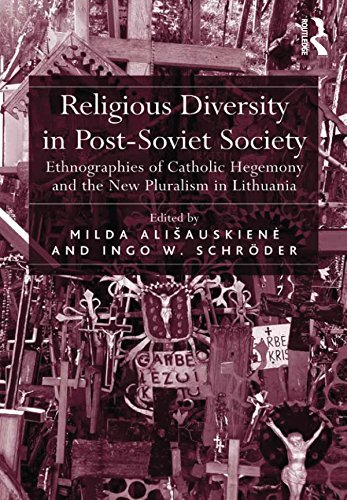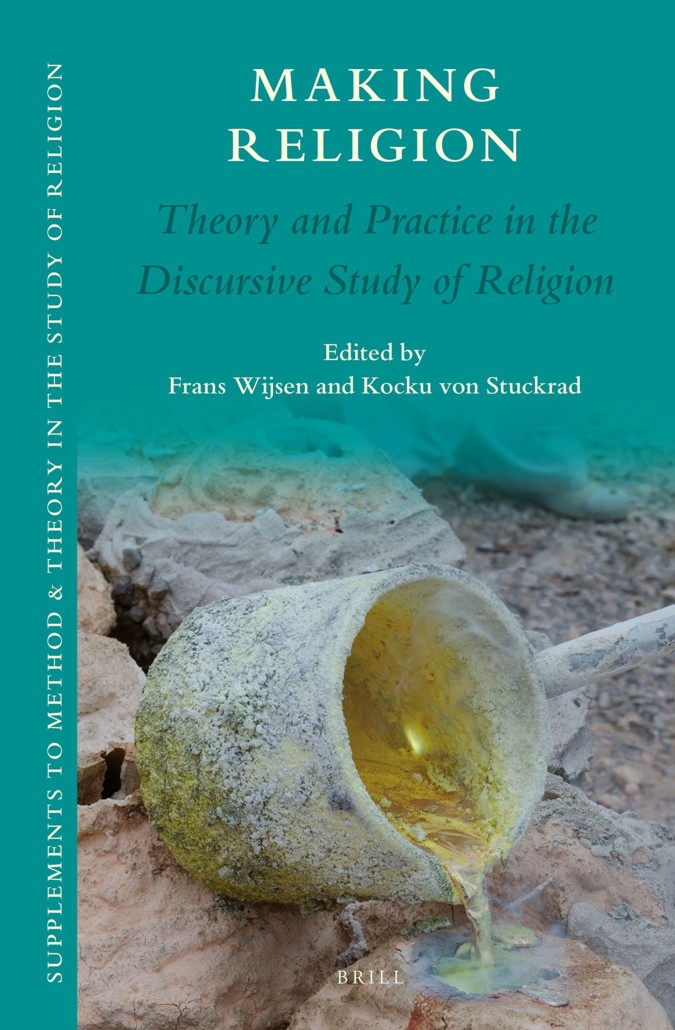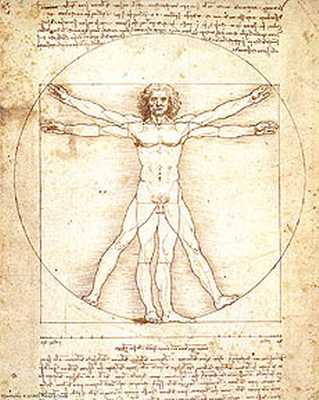Sociology of Religion – and Religious Studies?

What makes the sociology of religion and Religious Studies distinct from each other – if anything? Paul-Francois Tremlett, Titus Hjelm and David Robertson discuss what the two approaches have in common, and how they differ. Importantly, they consider how they might learn from each other.
Is Secularism a World Religion?

Discussion starts with the entanglement of the concepts ‘religion’ and ‘secularism’, a brief discussion of the problems associated with the World Religions Paradigm, and then moves to the pedagogical merits and challenges of teaching ‘secularism/s’ within a World Religions model. We hope you enjoy this experiment!
Researching Radicalisation

We discuss what we mean by ‘radicalisation’, and what its connections to socialisation, terrorism, and ‘religion’ might be. We take on the methodological question of how one might go about researching such a contested topic, and look specifically at some of Matthew’s findings relating to the causes of radicalisation, and the neo-Durkheimian ‘sacred’.
Death, Music, and Ritual: Contemporary Requiems in the Commemoration of Death and Violence

Hoondert discusses the step away from the liturgy associated with requiems as way for today’s individual to deal with death or violence in their own way. Still, It is clear that the ritual elements of the requiem remains, hence where this contemporary music fits into the sacral landscape is up for debate.
Religion, Youth, and Intergenerationality

We begin this interview by asking what is ‘youth’? How do sociologists define it? What are some of the current trends in sociological research on youth? What, if anything, is distinctive about youth experience? Discussion then turns to ‘religion and youth’, focusing on why scholars might be interested in it, …
Researching Religious Diversity

In this interview, we discuss the broad topic of diversity, contrast this with concepts of ‘difference’, and ask what on Steven Vertovec might mean by the concept of ‘super-diversity’ (2007). We then ask why scholars might be interested in situations of ‘religious diversity’,…
Evangelicalism and Civic Space

In this podcast, Anna Strhan talks to Katie Aston about her research among evangelical Christians, exploring their search for coherence in the contemporary city. How do the members of conservative Anglican congregations negotiate their place in a secular multicultural society, …
A Critical Introduction to the History, Beliefs, and Practices of Wiccans

In this interview Ethan Doyle White, author of the book Wicca: History, Belief, and Community in Modern Pagan Witchcraft, introduces his systematic overview of the contested history and multifaceted developments of Wicca. White presents his own methodological approaches and theoretical data utilising both emic and etic sources in a thematic framework.
Religion and Feminism

‘Religion’ and ‘Feminism’ are two concepts that have a complex relationship in the popular imaginary. But what do academics mean by these two concepts? And how can we study their interrelationship? What can we say about ‘religion and feminism’, about the academic study of ‘religion and feminism’, …
Communism and Catholicism: Religion and Religious Studies in Lithuania

What is the religious field like in a country where religion was banned for half of the 20th century? And how do you set up a Religious Studies department there? Under Communism, religion was suppressed in the formerly Catholic Eastern European country of Lithuania until the 1990s.
An Introduction to the Sociology of Religion

What is the sociology of religion? What are its particular concerns, dominant themes and defining methodologies? Where did it begin, and how has it evolved? This interview with Grace Davie, the first in our BSA SOCREL series, introduces this important and historically influential approach to the study of religion.
Categorising “Religion”: From Case Studies to Methodology

In this interview, Dr Teemu Taira discusses the role of marginal traditions in understanding the application of the term “religion” in differing context, in particular he discusses Karhun Kansa, the People of the Bear. This leads onto a methodological discussion on the use of the term and the role scholars play in this discourse.
Global(ized) religion and the study of religious tensions

This interview with global studies pioneer Mark Juergensmeyer takes on his keynote address at the 2016 Eastern International Meeting of the American Academy of Religion (EIR-AAR) at the University of Pittsburgh. He interrogates the intersections of different religions traditions, …
Historical, Popular, and Scholarly Constructions of Yoga

In its earliest uses, the word “yoga” meant “yoke,” primarily yoking a warhorse to a chariot. In the classical period, yoga took on a variety of other meanings, including yoking the mind-body complex through meditative practices, such as breath control and mantras, to achieve liberation. In this interview, …
Embodied religious practices, child psychology and cognitive neuroscience

Bahler discusses the notion of ritual as a locus of power in terms of structure and agency. His recent book, Childlike Peace in Levinas and Merleau-Ponty. Intersubjectivity as a Dialectical Spiral (Lexington Books, forthcoming) focuses on neuroscience to grasp the topic power relations at the confluence of religion and other social influences on one’s trajectories.
